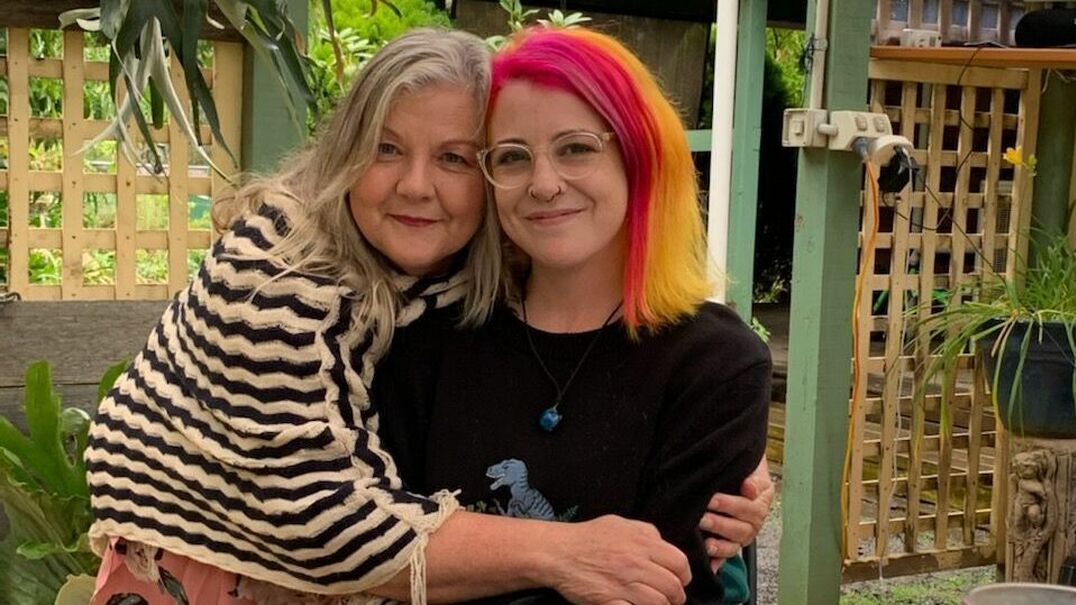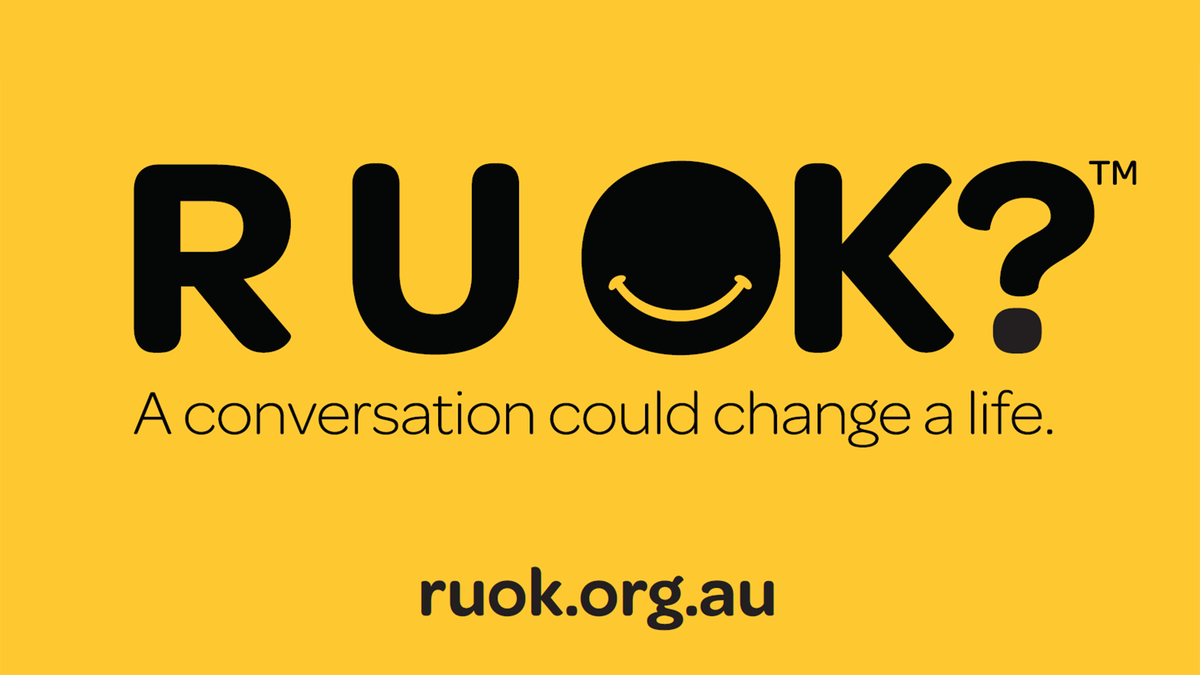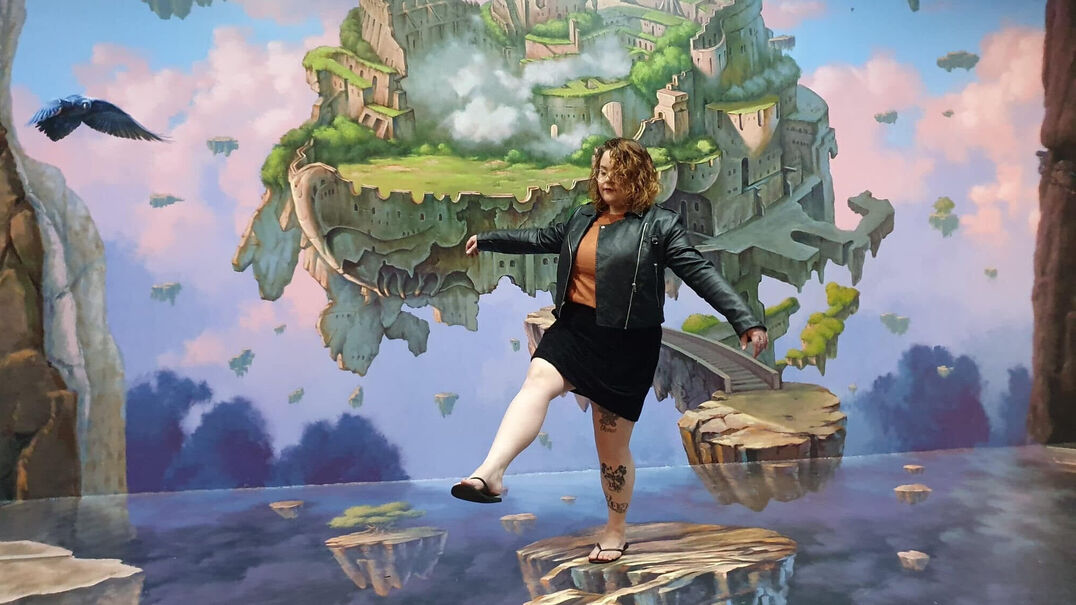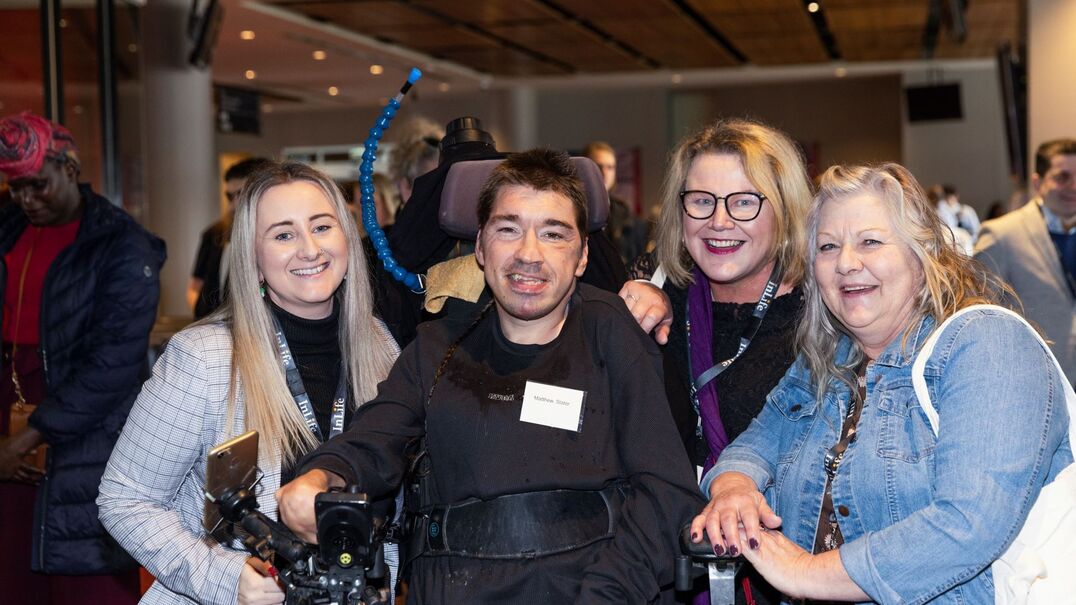When I was younger working as a tour guide, I was working multiple shifts one after the other.
I worked 21 days in a row. I didn’t realise the toll it was taking until I got to my next shift on day 22.
We were setting up and a colleague noticed something was off and asked “are you okay?”.
I started bawling and had a panic attack. She didn’t realise what was happening and neither did I. I think the last time I had a panic attack was as a child.
I didn’t work that day and instead had a debrief with a manager, who asked what was going on and how I was feeling. I was tired and couldn’t understand why my body wasn’t working.
I was young and unaware of my feelings and my manager said I was probably experiencing burnout and should take a couple of weeks off to recharge.
The time off was brilliant - I really needed some time for myself. After the two weeks I was back to myself again. Now I know how to better take care of myself.
It’s funny that it was literally someone asking “are you okay?” and I opened up into a mess. I remember it quite often, and ask myself if I’m okay. It’s then I realise if I should be slowing down or taking time off.



